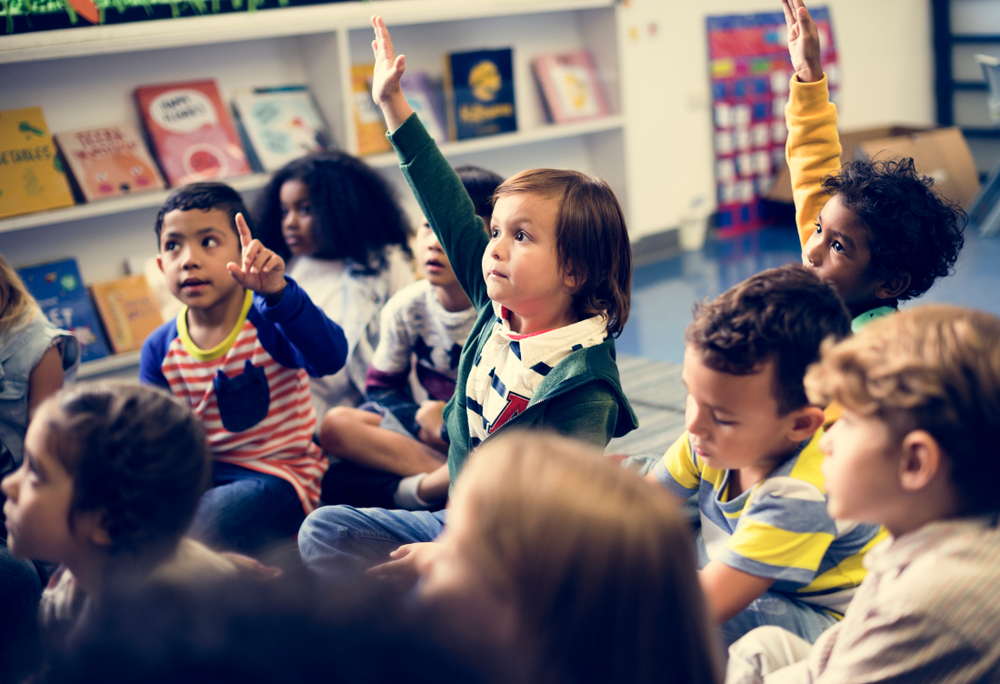Basic Addition Skills Normal Worksheets for Ages 6-7
11 filtered results
-
From - To
Introduce your child to the fundamentals of math with our Basic Addition Skills Normal Worksheets designed specifically for ages 6-7. These engaging and colorful worksheets help young learners practice essential addition concepts through fun, interactive exercises. With varied formats like visual aids and interactive quizzes, children will develop confidence and fluency in addition. Our resources cater to different learning styles, making math enjoyable and easy to grasp. Perfect for homeschooling or classroom use, these worksheets are an excellent way to support your child’s growing math skills and set a strong foundation for future learning. Explore our collection and watch your child thrive!


Force and Interactions: Assessment 1 Worksheet
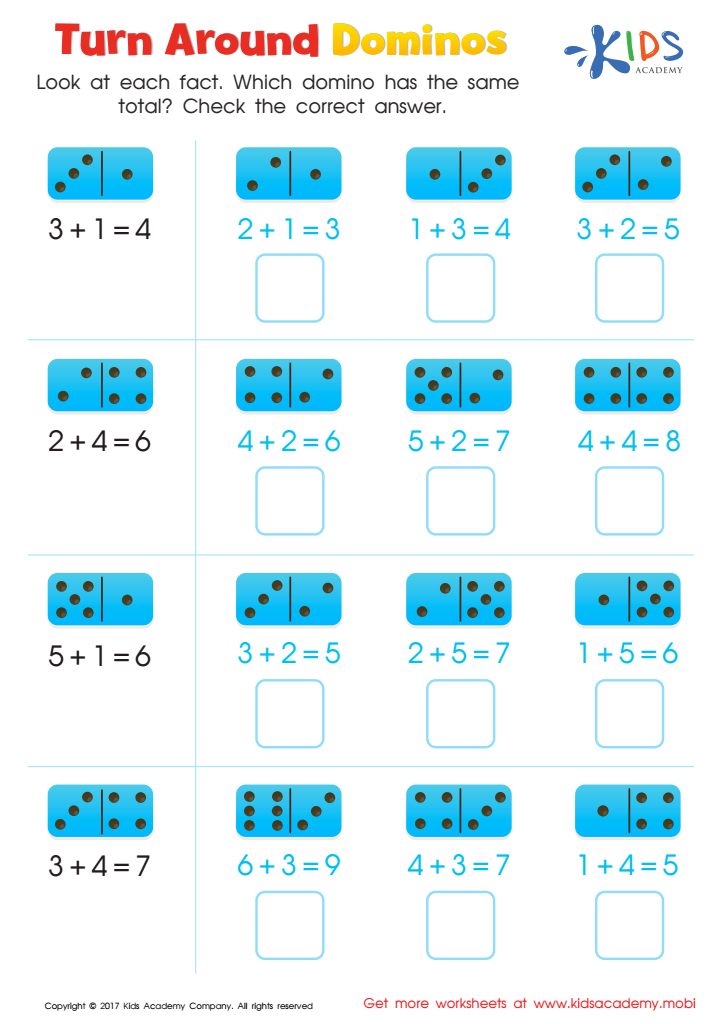

Turn Around Dominos Worksheet
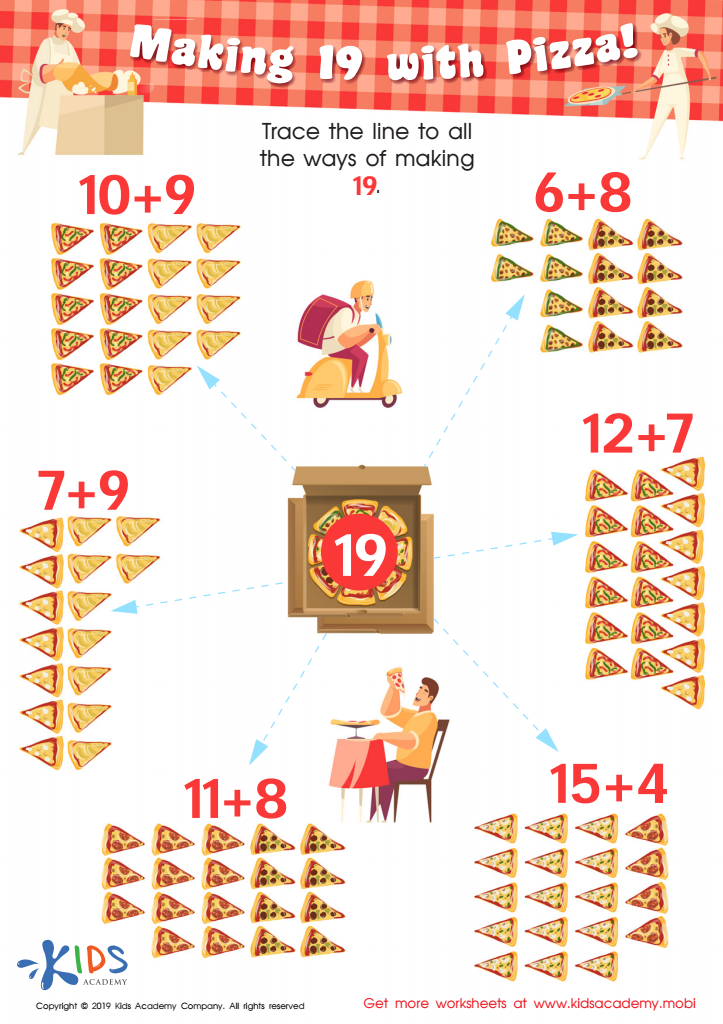

Making 19 with Pizza! Worksheet
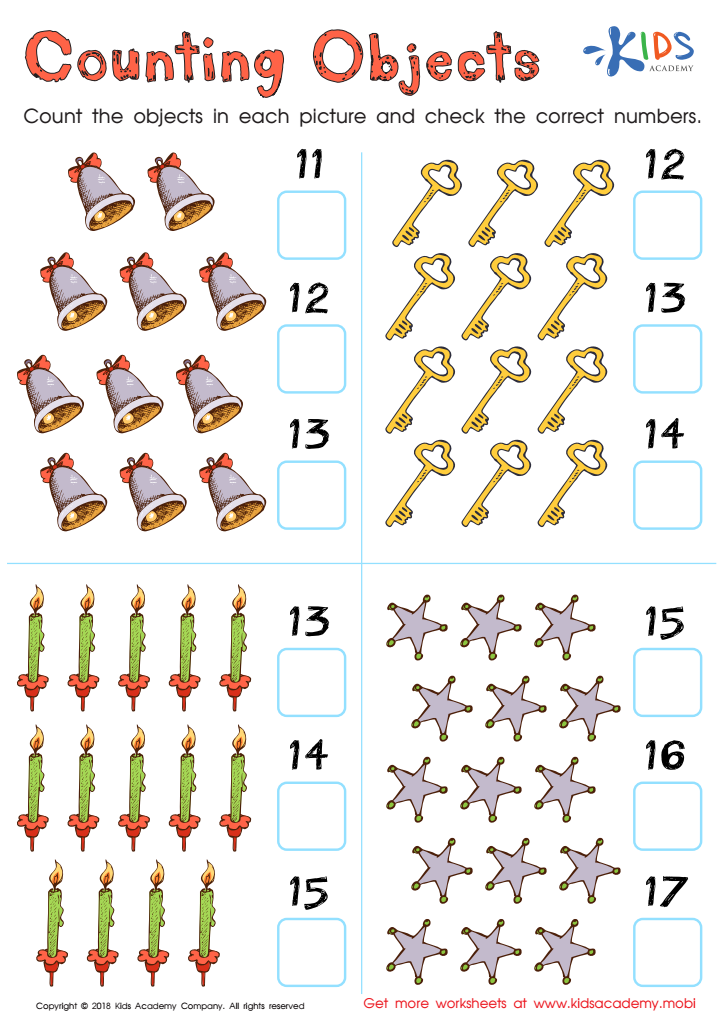

Counting Numbers Worksheet For Kindergarten
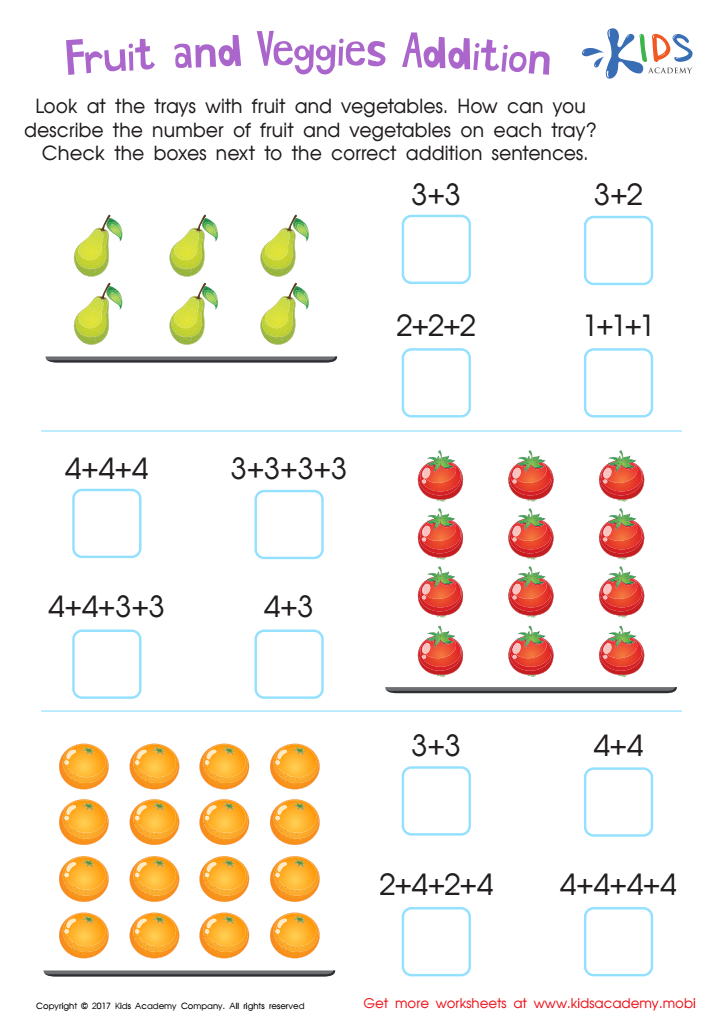

Fruit and Veggies Worksheet
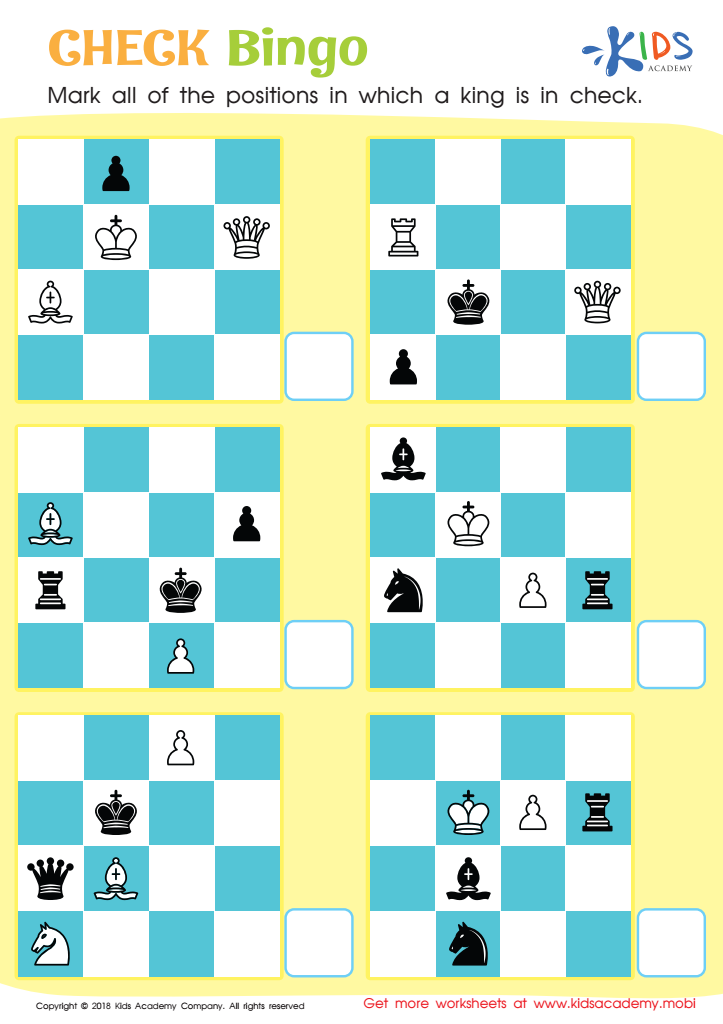

Check Bingo Worksheet
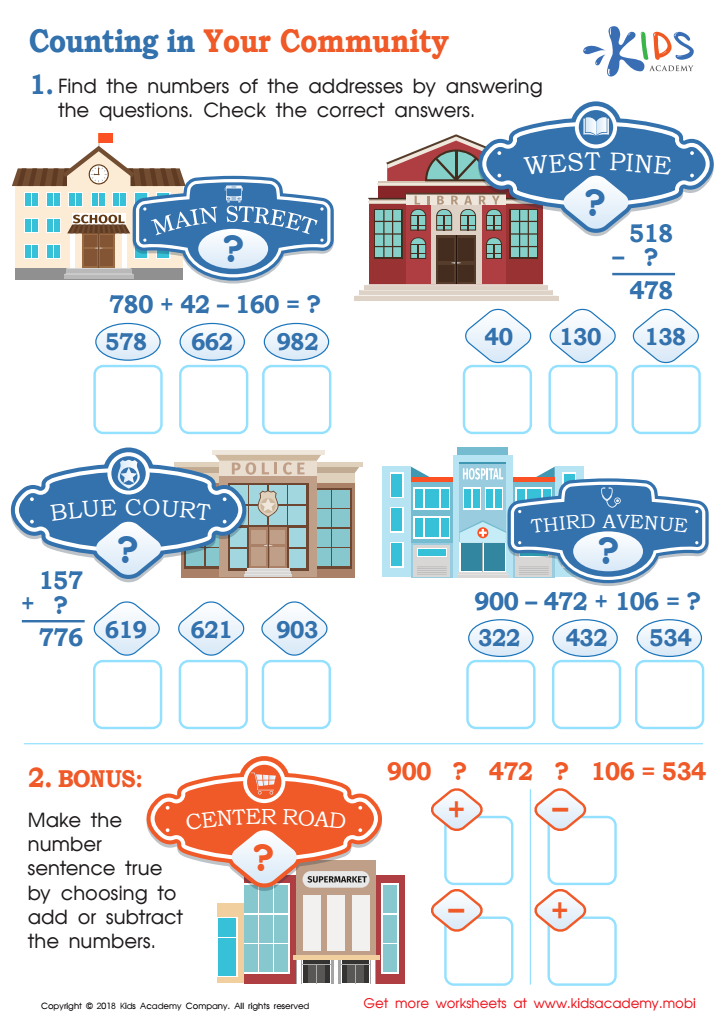

Counting in Your Community Worksheet
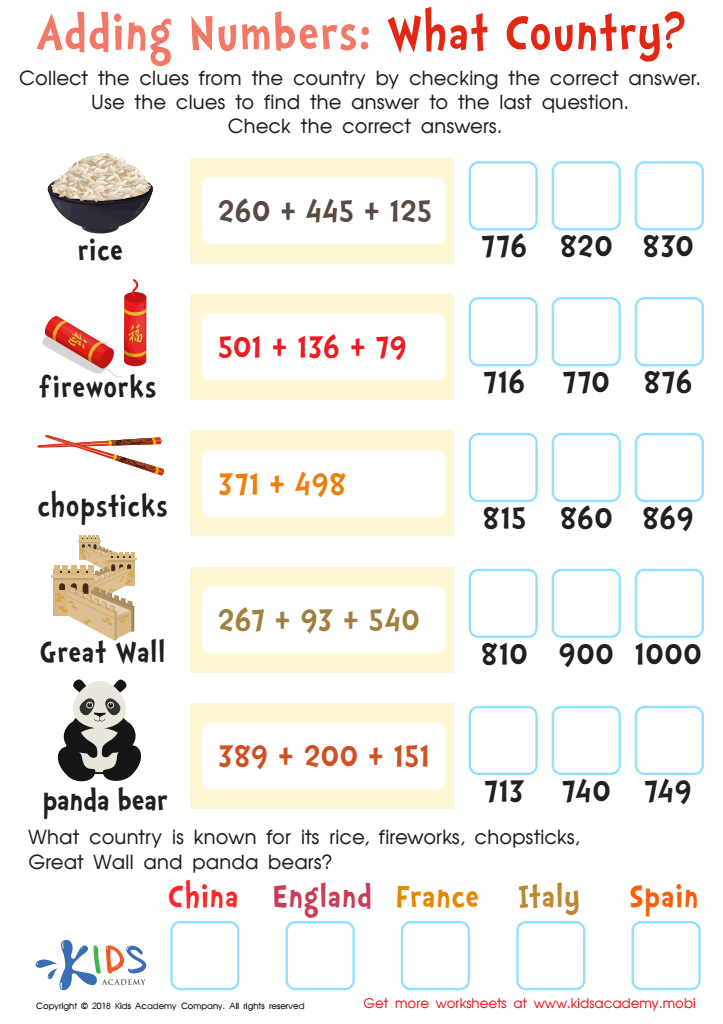

Adding Numbers: What Country Worksheet
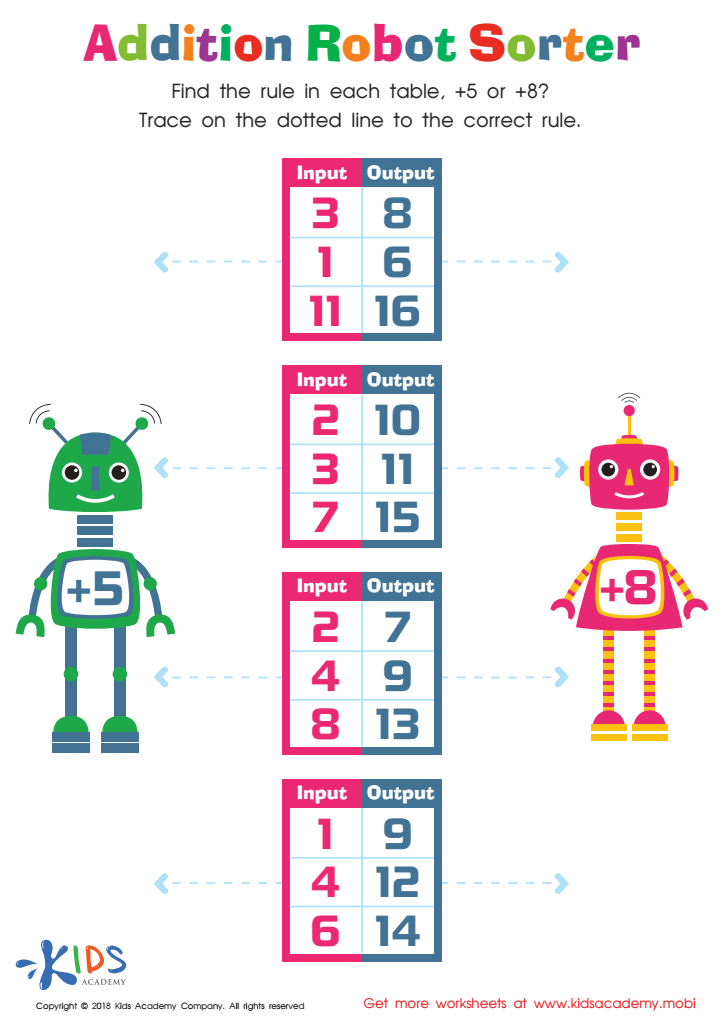

Addition Robot Sorter Worksheet
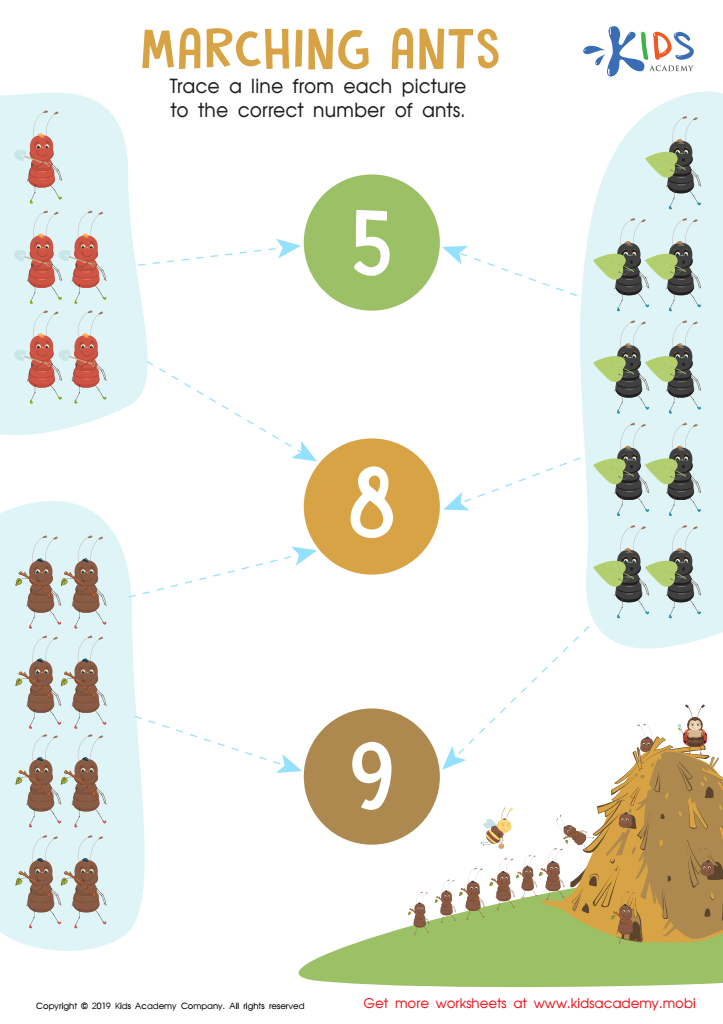

Marching Ants Worksheet
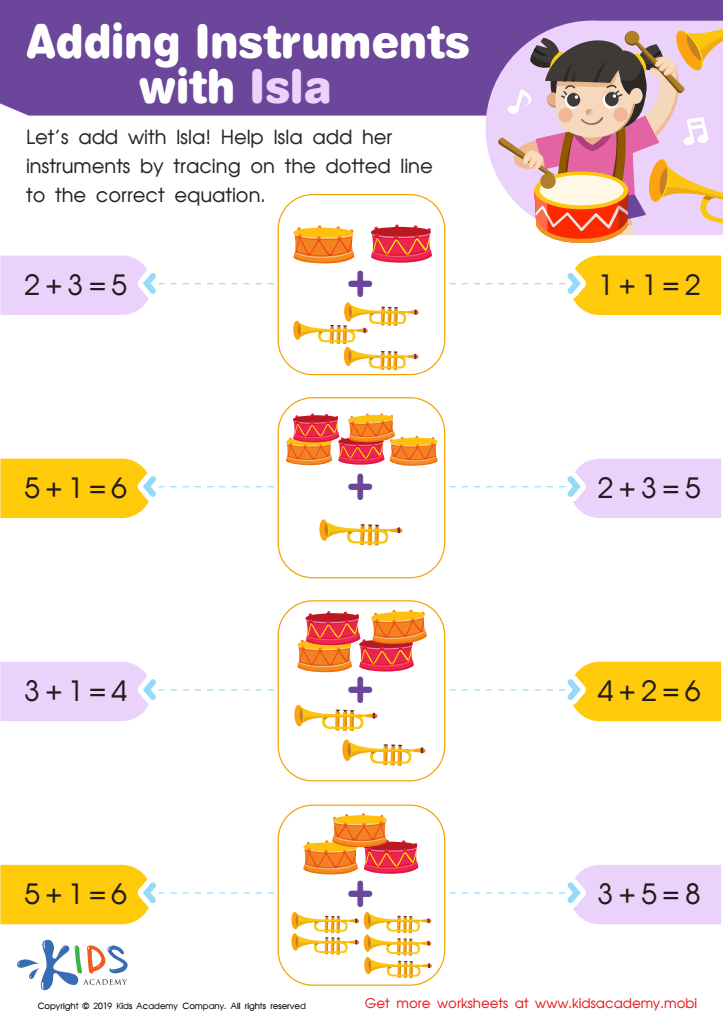

Adding Instruments with Isla Worksheet
Parents and teachers should prioritize basic addition skills for children aged 6-7 for several reasons. At this stage, foundational math skills are vital for building confidence and understanding as children embark on their academic journey. Mastering basic addition not only supports children’s cognitive growth but also enhances their ability to solve more complex mathematical problems in the future.
Learning addition promotes logical thinking and improves problem-solving capabilities. It conditions children's brains to recognize patterns and develop cognitive flexibility—a skill that transcends mathematics into other disciplines. Furthermore, proficiency in addition fosters independence, enabling children to engage in more advanced topics without constant assistance.
From a social perspective, these skills contribute to children's interactions with peers and adults as they engage in games, activities, and everyday situations that involve counting and sharing. Additionally, basic addition serves as a springboard into more complex math concepts, helping to set children on a path toward success in various academic subjects.
Moreover, parents play a crucial role in supporting their child’s learning. Collaborative activities at home can reinforce what is taught in the classroom, making the learning process more engaging and effective. Ultimately, a solid grasp of basic addition sets the groundwork for lifelong learning and critical thinking.
 Assign to My Students
Assign to My Students




